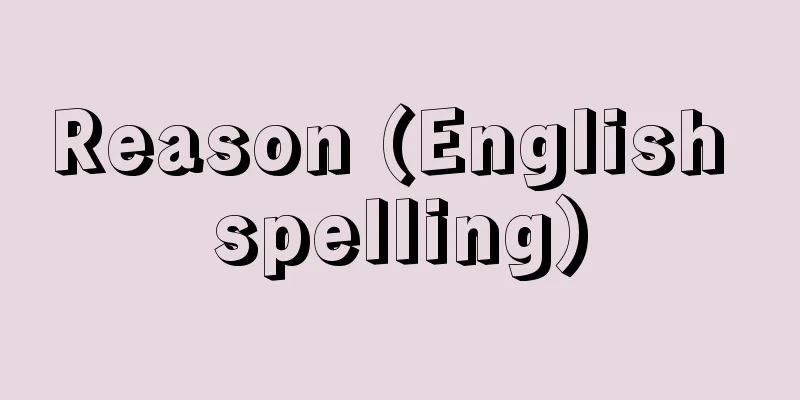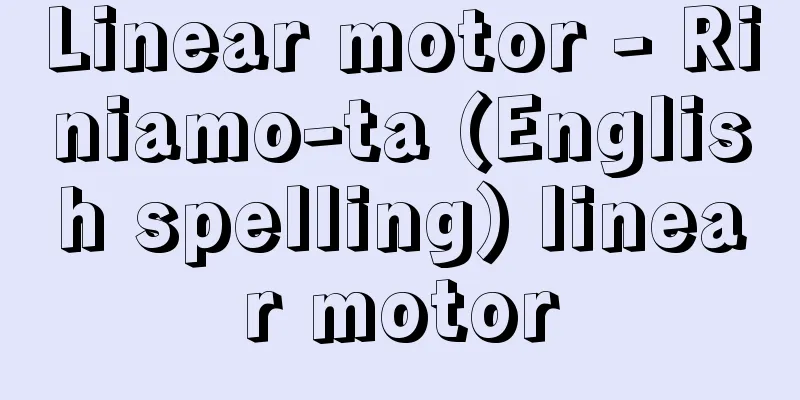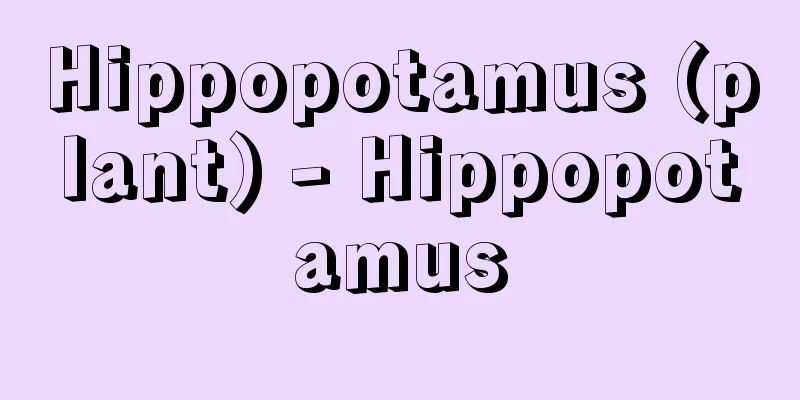Reason (English spelling)

|
The ability to judge things correctly. It is also the ability to distinguish between truth and falsehood, good and evil. Even the ability to distinguish between beauty and ugliness can be attributed to reason. This is what makes humans human and what distinguishes them from animals, and this is where the classical definition of humans as "rational animals" comes into play. Descartes describes the rational ability that everyone is born with equally as "good sense" or "the light of nature." Since ancient times, reason has been represented as a bright light that illuminates darkness. When we use reason to look over the various phenomena in the universe in a proportional and harmonious relationship, a harmonious universe (cosmos) that is positioned in a certain lawful relationship emerges from the dark, unpredictable chaos (chaos). Originally, the Greek word logos (reason) or its Latin translation ratio contained the meanings of proportion and conflict. In contrast to reason as a bright light, sensual desires and emotions are dark, blind forces. In this sense, madness may be the sharpest opposition to reason. Passions such as joy, sadness, anger, desire, and anxiety erupt from within as dark, irrational forces. If they cannot be controlled by the rational will, then the autonomy of the mind cannot be maintained. This is where the moral problem of reason's control over the emotions arises. In Kant, actions determined by the consciousness of duty or ought (Sollen, German) are called rational, as opposed to actions based on instinct or sensual desire. We have the rational ability to autonomously determine our own will, which makes moral action possible. This is practical reason, which is distinguished from theoretical reason. Reason, in the sense that it is opposed to sensibility as the faculty of receptivity, is understood as the faculty of spontaneity, but in that case, reason and understanding are used almost synonymously. However, reason is often used in opposition to understanding. Since ancient times, the terms understanding or intellectus (intellectus) have been used as a higher cognitive ability that intuitively recognizes true existence, in contrast to reason (ratio) as a conceptual and argumentative cognitive ability. However, after the Enlightenment, this relationship of superiority was reversed. In Kant's case, understanding was a restricted cognitive ability that brings the diversity of sensations into conceptual unity, while reason was an unrestricted cognitive ability that seeks general constraints on judgment to the fullest extent. Furthermore, in Hegel, understanding was the ability of abstract concepts, while reason was the ability of concrete concepts, and was the function that transcended the opposing position of intellectual concepts and brought them into a living unity. Reason is also used to mean the fundamental principle that governs the universe. Anaxagoras' theory of nous is one example, but the most typical is Hegel's idea of the world spirit, which states that history is a process of self-realization of the world spirit, and that a certain rational principle permeates it. [Katsuhiko Ito] [References] | | | | | |Source: Shogakukan Encyclopedia Nipponica About Encyclopedia Nipponica Information | Legend |
|
物事を正しく判断する力。また、真と偽、善と悪を識別する能力。美と醜を識別する働きさえも理性に帰せられることがある。それだけが人間を人間たらしめ、動物から分かつところのものであり、ここに「人間は理性的動物である」という人間に関する古典的定義が成立する。デカルトは、万人に生まれつき平等に備わっている理性能力を「良識」あるいは「自然の光」ということばで表している。古来、理性は闇(やみ)を照らす明るい光として表象されてきた。理性によって宇宙における諸事象をある比例的・調和的関係において眺め渡すとき、暗い、見通しのきかない混沌(こんとん)(カオスchaos)のなかから、ある法則的関係のなかに定位された調和的宇宙(コスモスcosmos)が出現する。もともとギリシア語のロゴスlogos(理性)あるいはそのラテン訳としてのラチオratioには、比例とかつり合いという意味が含まれていたのである。明るい光としての理性に対比していえば、感性的欲望や情念は、暗い盲目的な力である。この意味で理性ともっとも鋭く対立するのは狂気かもしれない。喜び、悲しみ、怒り、欲望、不安などの情念は、暗い、非合理的な力として内部から暴発する。これを理性的意志によって統御することができなければ、精神の自律性を保つことができない。ここに理性による情念支配という道徳問題が発生する。 カントでは、本能や感性的欲望に基づく行動に対し、義務あるいは当為(ゾルレンSollen〈ドイツ語〉)の意識によって決定される行為が理性的とよばれる。われわれのうちには自律的に自己の意志を決定する理性的能力があって、それによって道徳的行為が可能となる。これが、理論理性と区別される実践理性である。受容性の能力としての感性と対立する意味における理性は、自発性の能力としてとらえられるが、その場合には、理性と悟性はほとんど同義に用いられている。 しかし、理性はしばしば悟性と対立する意味でも使われる。古くから、概念的・論証的な認識能力としての理性(ラチオ)に対して、真実在を直観的に認識する、より高次の認識能力として悟性あるいは知性(インテレクトゥスintellectus)の語が用いられた。しかし、啓蒙(けいもう)期以後、この優位の関係は逆転される。カントでは、悟性が感覚の多様を概念的統一へもたらすところの、被制約的な認識能力であるのに対し、理性は判断の一般的制約をどこまでも求めていく無制約的な認識能力であった。さらに、ヘーゲルにおいては、悟性が抽象的概念の能力であるのに対し、理性は具体的概念の能力であり、悟性的概念による対立の立場を超え、これを生きた統一へともたらす働きであった。理性はまた、宇宙を支配する根本原理という意味においても用いられる。アナクサゴラスのヌースの説もその一例だが、もっとも典型的なのは、ヘーゲルの世界精神の考えで、歴史は世界精神の自己実現の過程であり、そこには、ある理性的原理が貫かれているという。 [伊藤勝彦] [参照項目] | | | | | |出典 小学館 日本大百科全書(ニッポニカ)日本大百科全書(ニッポニカ)について 情報 | 凡例 |
Recommend
Sooglossus
…The latter species are rare, but unusual methods...
Adil Shah - Adil Shah
…However, this great conqueror also made many mis...
Tatsuzo Ishikawa
Novelist. Born on July 2, 1905 in Yokote-cho, Hir...
Dermal dermatitis (English)
… Dermatitis can be broadly divided into two type...
Xiphophorus helleri (English spelling) Xiphophorushelleri
...It is easy to breed in captivity. (c) Swordtai...
Reactance - reactance
A quantity that indicates the difficulty of AC (s...
Great Blue Shark
…It is said that it was named after the bird, the...
Zakat (English spelling)
A poor tax established by Islamic law. It was levi...
Avon Products, Inc.
The world's largest American cosmetics manufac...
Coastal Fog - Engangiri
Fog that covers coastal areas. Usually it refers ...
Oil seat - Oil seat
An organization of oil merchants in the Middle Ag...
Brier pipe
… [Kuniaki Oi] [Europe] Clay pipes, made from cla...
Amayoriito - loosely twisted thread
… [Twisted Yarn] The act of twisting yarn and the...
Komeori
〘Noun〙 Silk fabric. A type of Monsha . It has a ri...
Taishaku Gorge - Taishakukyo
The gorge of the Taishaku River flows along the b...









